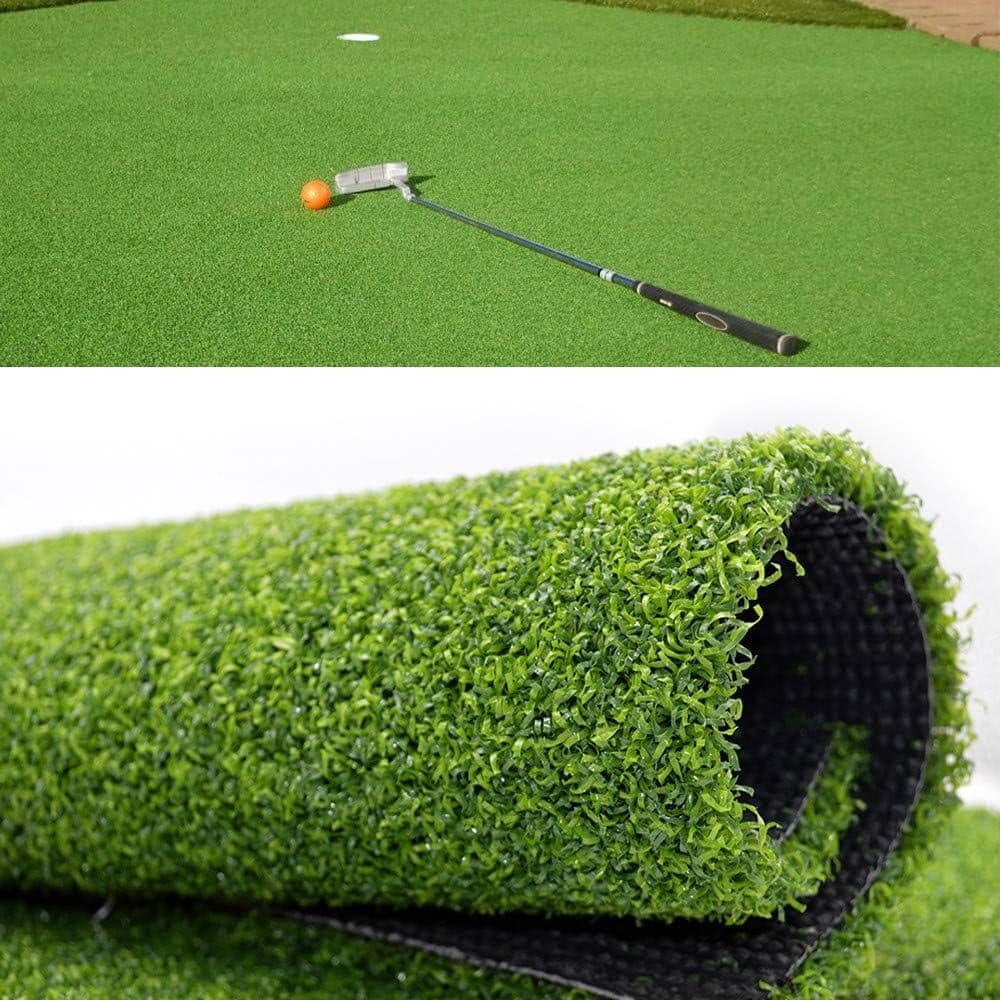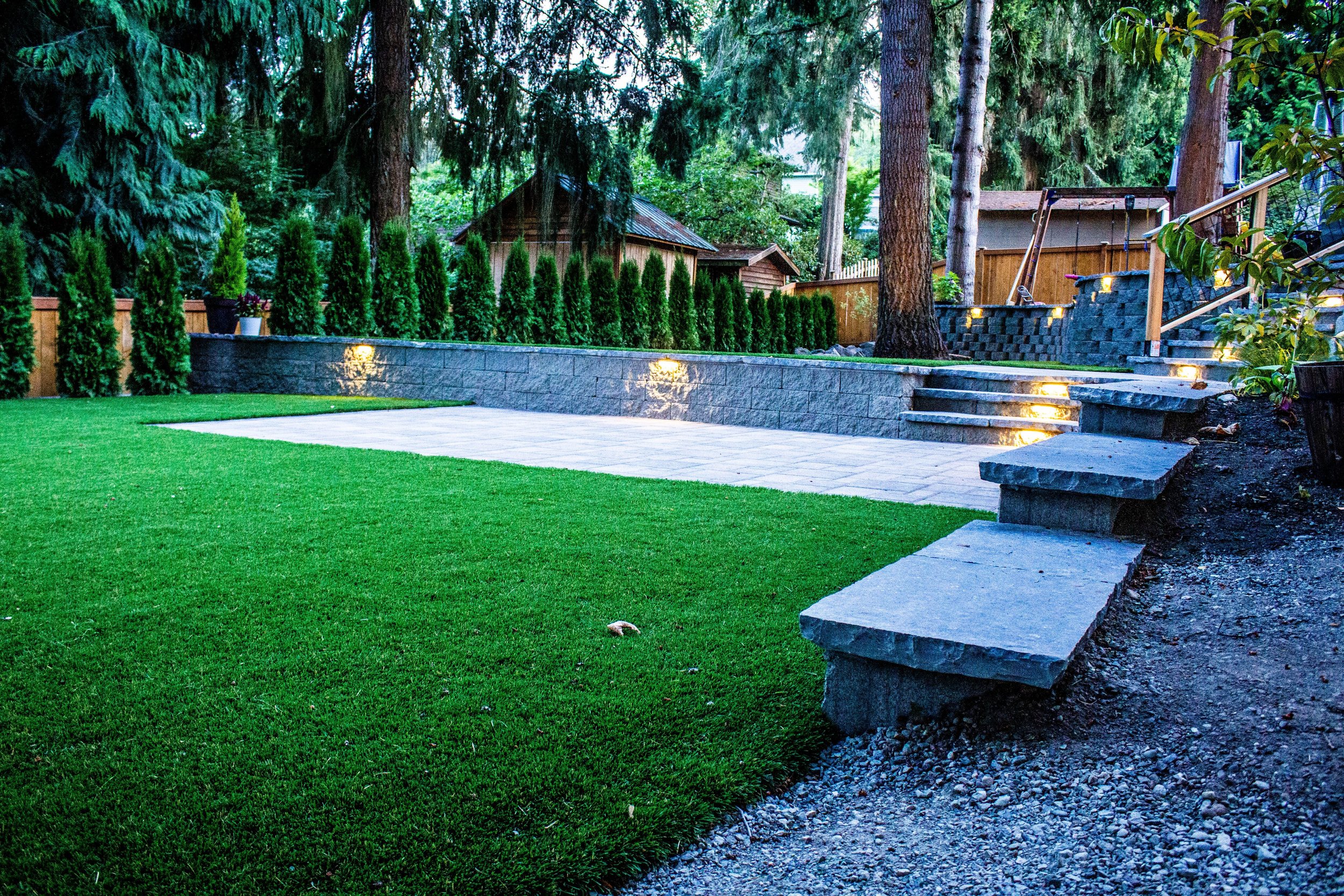Long-Lasting Arizona Artificial Turf for Home and Business Applications
Explore the Environmental Benefits of Opting for Artificial Turf Solutions
The fostering of synthetic lawn services presents a compelling chance to address pushing environmental challenges. By dramatically minimizing water use and lessening the application of damaging chemicals, these alternatives not just advertise sustainable landscaping but likewise shield regional communities. The reduced carbon footprint connected with reduced maintenance tasks adds to a much more sustainable technique to land monitoring. The ramifications of these benefits prolong past simple conservation initiatives, raising questions about their long-lasting effect on environment preservation and overall eco-friendly balance. Exploring these dimensions reveals an intricate interaction worth thinking about.
Water Preservation Benefits
One of the most significant benefits of artificial turf is its capacity to preserve water. In comparison, man-made grass does not require watering, substantially minimizing the total demand for water sources.
By getting rid of the requirement for normal watering, fabricated lawn adds to sustainable landscape methods and helps mitigate the environmental effect of extreme water usage. The conservation of water expands to the decrease of drainage, which can lead to dirt erosion and river contamination.
Additionally, the installation of synthetic grass allows property owners and towns to allot water resources more efficiently, concentrating on crucial usages such as alcohol consumption water and farming. The change towards artificial turf not only advertises accountable water use but additionally lines up with more comprehensive ecological goals aimed at maintaining natural deposits.
As areas progressively prioritize sustainability, the water preservation benefits of synthetic grass provide a compelling situation for its fostering in residential and business landscaping jobs.
Minimized Chemical Use
The shift to artificial grass dramatically reduces the reliance on chemical treatments generally utilized in natural grass upkeep. Typical grass administration typically entails the application of herbicides, fertilizers, and chemicals to promote growth and control bugs. These chemicals can pose risks to human health, neighborhood wildlife, and the atmosphere, contributing to soil and water contamination.
On the other hand, fabricated lawn eliminates the need for these harmful substances. Once mounted, it requires very little maintenance, mainly containing routine cleaning and occasional infill replenishment. This decrease in chemical use not just profits the instant atmosphere however additionally adds to more comprehensive eco-friendly stability. By reducing the launch of artificial compounds into the ecological community, artificial grass advertises healthier soil and water systems.
In addition, the absence of chemical drainage connected with man-made turf installations helps secure local waterways from air pollution, supporting marine life and preserving biodiversity. Turf installation phoenix az. As neighborhoods significantly prioritize lasting methods, going with fabricated turf provides a practical remedy that lines up with environmental conservation goals. With this change, homeowner can take pleasure in rich green spaces without compromising ecological wellness, leading the way for a more sustainable future
Reduced Carbon Impact

In addition, the installment of synthetic grass can lead to substantial water preservation. All-natural lawns call for considerable quantities of water for watering, which not just contributes to the carbon footprint related to water extraction and therapy yet also pressures local water sources. In comparison, fabricated grass needs very little upkeep, calling for no watering, thus dramatically minimizing water usage and its linked power prices.
In addition, the long life of synthetic grass adds to its lower carbon effect. With a life expectancy of as much as 15 years or even more, the need for frequent replacements is diminished, resulting in much less waste and reduced energy usage in production and throwing away traditional lawn choices. Overall, synthetic lawn offers a lasting option for ecologically conscious landscaping.
Environment Conservation
Habitat preservation is an important consideration in the discussion over landscaping selections, specifically when comparing synthetic grass to natural turf. All-natural turf lawns commonly require substantial maintenance, including making use of herbicides, plant foods, and pesticides, which can negatively impact local ecosystems. These chemicals can seep into the dirt and waterways, damaging native vegetation and animals and interrupting local environments.
On the other hand, synthetic grass presents a chance to decrease the eco-friendly impact of landscaping. By choosing artificial turf, house owners can minimize the disruption of all-natural environments connected with conventional grass care practices. Synthetic grass eliminates the need for hazardous chemicals, therefore shielding close-by wildlife and preserving the honesty of bordering ecological communities. The installation of artificial grass can lead to the conversion of previous turf locations into more biodiverse landscapes, such as pollinator gardens or native plant locations, which can support local wild animals.
Ultimately, the transition to synthetic grass not just saves water and lowers upkeep initiatives however likewise cultivates a more harmonious partnership in between human activities and the all-natural setting, advertising environment preservation in the procedure.
Long-Term Sustainability
Lasting sustainability is an essential element in examining the advantages of synthetic turf over traditional turf lawns. One of the most significant advantages of synthetic grass is its toughness; it can last approximately 15-20 years with marginal upkeep, whereas all-natural grass needs click here now regular reseeding and substitute. This durability lowers the need for continuous sources, such as water, plant foods, and pesticides, which are important for keeping a healthy and balanced turf lawn.
Furthermore, synthetic grass adds to a reduction in carbon exhausts related to yard care equipment. Standard yards frequently need gas-powered lawn mowers, leaners, and blowers, all of which add to air pollution. Arizona artificial turf. In comparison, man-made lawn removes the requirement for such tools, advertising a cleaner setting
In addition, the production of artificial lawn significantly makes use of recycled materials, enhancing its sustainability account. As manufacturers embrace environmentally friendly practices, the link ecological footprint of synthetic grass remains to diminish.

Verdict
The fostering of man-made grass services provides significant ecological advantages, including substantial water preservation, decreased dependence on dangerous chemicals, and a lower carbon footprint. In addition, synthetic grass aids in protecting natural environments by lessening land disruption and advertising long-lasting sustainability through making use visit this site right here of durable materials. Collectively, these aspects highlight the capacity of man-made lawn to contribute favorably to ecological health and wellness and use a practical alternative to traditional landscaping practices in a progressively resource-conscious globe.
In contrast, artificial grass does not need watering, dramatically decreasing the general demand for water sources. By reducing the release of artificial compounds into the environment, fabricated grass promotes much healthier dirt and water systems.
In addition, the setup of fabricated turf can result in significant water conservation. In comparison, synthetic lawn needs marginal maintenance, calling for no watering, therefore dramatically lowering water use and its connected energy prices.
